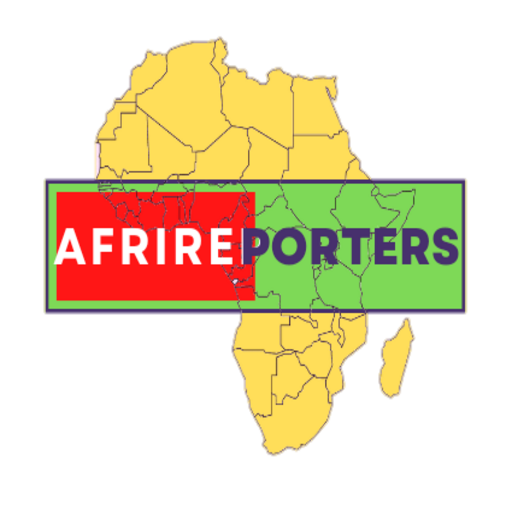
Dangote Urges Tinubu to Ban Fuel Imports Under ‘Nigeria First’ Policy
A
Alhaji Aliko Dangote has called on President Bola Tinubu to expand the Federal Government’s “Nigeria First” policy to include refined petroleum products, urging a ban on their importation to protect local producers.
The “Nigeria First” initiative, introduced by the Tinubu administration in May 2025, mandates that all government departments and agencies prioritize locally produced goods and services over foreign alternatives, unless explicitly justified and approved by the Bureau of Public Procurement.
Speaking at the Conference on West African Refined Fuel Markets — jointly organized by the Nigerian Midstream and Downstream Petroleum Regulatory Authority and S&P Global Insights — Dangote stressed the need for refined petroleum products such as petrol and diesel to be covered by this policy.
“The Nigeria First policy announced by His Excellency, President Bola Tinubu, should apply to the petroleum product sector and all other sectors,” Dangote said.
He further warned about the harmful effects of fuel dumping on local refining capacity:
“And to make matters worse, we are now facing increased dumping of cheap, often toxic petroleum products, some of which are blended to substandard levels that would never be allowed in Europe or North America.”
He attributed this trend to the global oil dynamics, particularly the price caps on Russian petroleum products. “Discounted petroleum products produced in Russia or with discounted Russian crude find their way to Africa, severely undercutting our local production, which is based on full crude pricing,” he said.
Dangote explained that due to this imbalance, products are being sold below viable market levels. “In Nigeria, due to this unfair competition, this price is just about 60 cents, even cheaper than Saudi Arabia, which produces and refines its own oil. This is due to the fact that we are having too much dumping,” he stated.
He urged African governments to emulate countries like the U.S., Canada, and EU nations by implementing protective measures for domestic producers: “To remain viable, we urge the governments across Africa to take deliberate steps... to protect domestic producers from unfair competition.”
However, the call has sparked a divide within the petroleum sector. Some fuel marketers have pushed back, cautioning the Federal Government against adding petroleum products to the list of restricted imports, warning that such a move could lead to price hikes and supply disruptions.




















